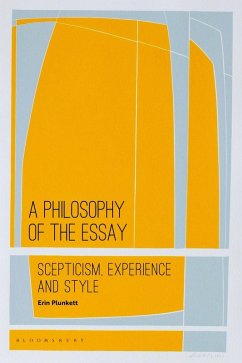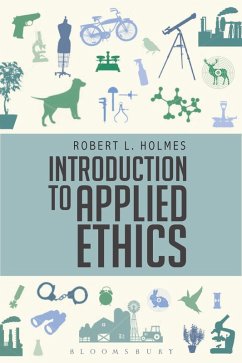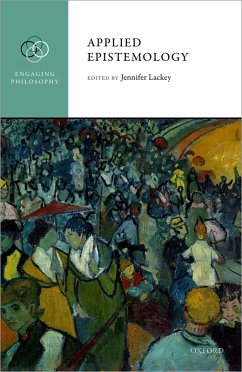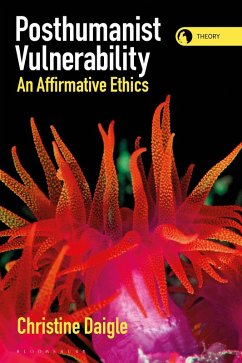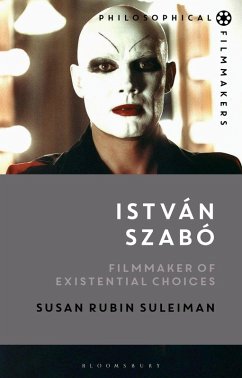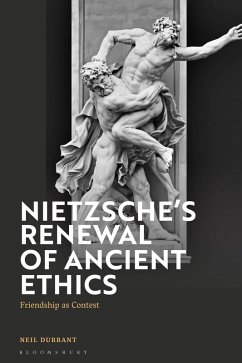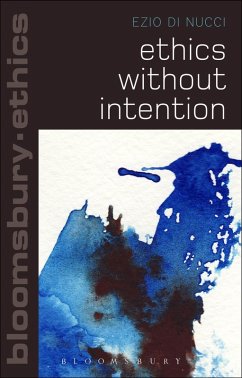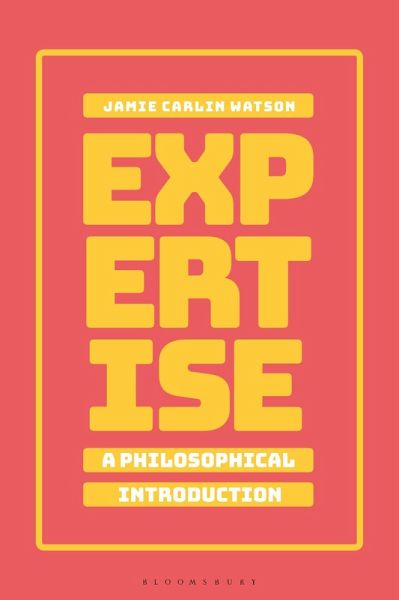
Expertise: A Philosophical Introduction (eBook, PDF)

PAYBACK Punkte
10 °P sammeln!
What does it mean to be an expert? What sort of authority do experts really have? And what role should they play in today's society? Addressing why ever larger segments of society are skeptical of what experts say, Expertise: A Philosophical Introduction reviews contemporary philosophical debates and introduces what an account of expertise needs to accomplish in order to be believed. Drawing on research from philosophers and sociologists, chapters explore widely held accounts of expertise and uncover their limitations, outlining a set of conceptual criteria a successful account of expertise sh...
What does it mean to be an expert? What sort of authority do experts really have? And what role should they play in today's society? Addressing why ever larger segments of society are skeptical of what experts say, Expertise: A Philosophical Introduction reviews contemporary philosophical debates and introduces what an account of expertise needs to accomplish in order to be believed. Drawing on research from philosophers and sociologists, chapters explore widely held accounts of expertise and uncover their limitations, outlining a set of conceptual criteria a successful account of expertise should meet. By providing suggestions for how a philosophy of expertise can inform practical disciplines such as politics, religion, and applied ethics, this timely introduction to a topic of pressing importance reveals what philosophical thinking about expertise can contribute to growing concerns about experts in the 21st century.




